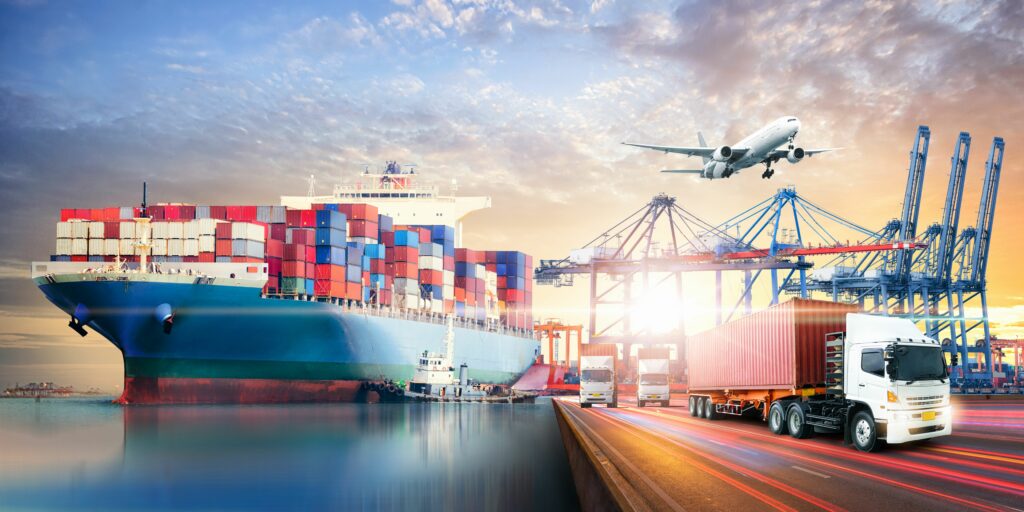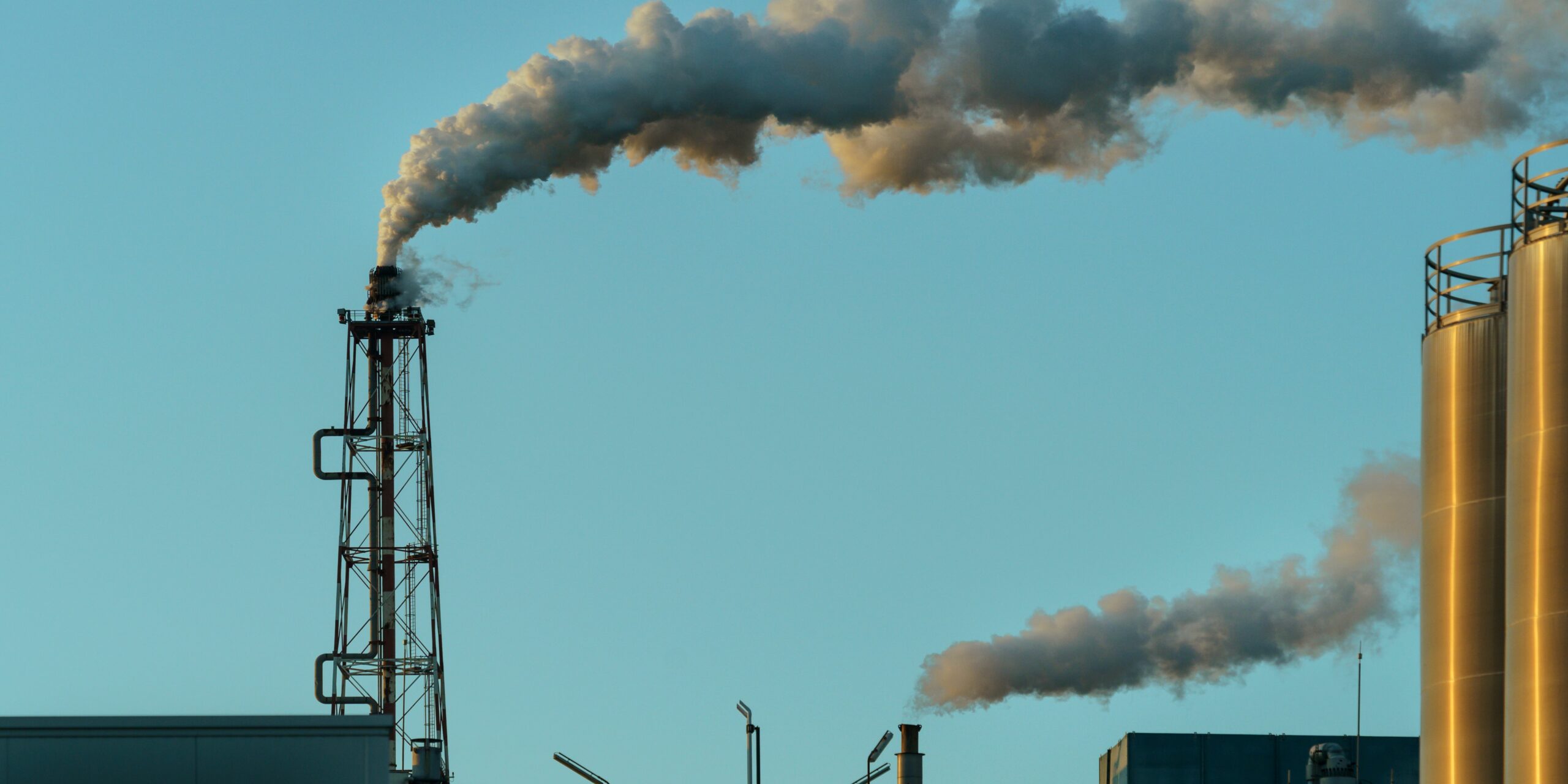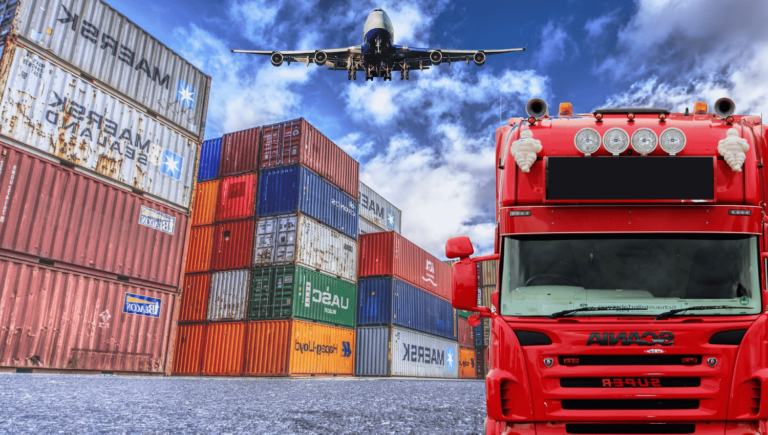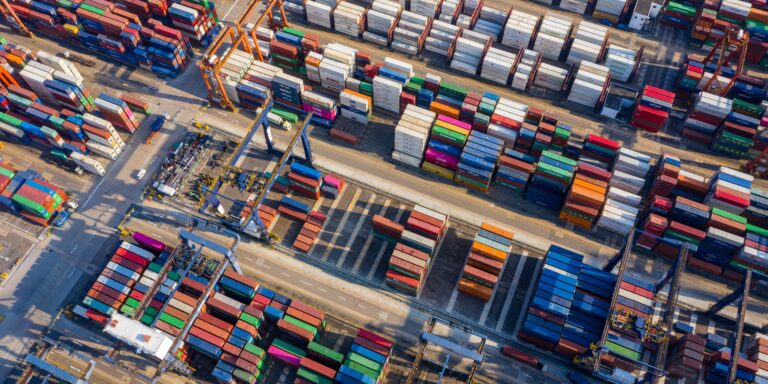WTO Takes Action Towards Global Carbon Pricing
The World Trade Organization (WTO) has launched a task force to address the growing issue of global carbon pricing. As more countries plan to tax imports based on their carbon emissions, the task force aims to prevent unfair penalties on developing nations. The goal is to create a methodology for determining global carbon prices, ensuring that developing countries are not left at a disadvantage.
The director-general of the WTO, Ngozi Okonjo-Iweala, notes that a universally accepted methodology is key to maintaining a level playing field, especially for developing countries that need to remain competitive in the face of Europe’s import taxes. One challenge faced by WTO members is that some lack the tools necessary to determine the carbon price of their exports. This creates an imbalance in implementing these taxes effectively.
To address these challenges, the task force will work on developing a methodology that can be universally adopted and agreed upon by all countries, ensuring fair and accurate carbon pricing. Okonjo-Iweala emphasizes the significance of considering the impact on African countries, which contribute only about 3% of global emissions. It is essential to prevent penalizing these countries during Europe’s transition to a lower-carbon future.
The launch of the Global Carbon Price Task Force signifies a commitment to finding a fair and effective solution for determining global carbon prices. By developing a universally accepted methodology, the WTO aims to ensure that developing countries are not unfairly penalized, and all nations can contribute to global efforts against climate change.
During the recent IMF-World Bank meetings in Marrakech, Okonjo-Iweala proposed the idea of a multilateral task force to create a global methodology for carbon pricing. This proposal was accepted by finance ministers from various countries. The task force aims to facilitate dialogue and cooperation between developed and developing nations, enabling them to reach a consensus on carbon pricing.
The European Commission maintains that the border levy aligns with WTO rules and is a legitimate approach to achieving net-zero emissions. Okonjo-Iweala clarifies that there are no specific WTO rules against striving for net-zero emissions, as long as it does not hinder other countries’ ability to compete.
In conclusion, with the launch of the Global Carbon Price Task Force, the WTO is taking proactive steps towards addressing the issue of global carbon prices and ensuring that all nations can contribute to the global efforts against climate change. Let us hope that this initiative leads to a fair and sustainable solution.
Source: https://money.usnews.com/investing/news/articles/2023-10-17/wto-launching-global-carbon-price-task-force-okonjo-iweala

International Logistics
If you’ve ever considered expanding your expertise in the dynamic field of logistics and supply chain management, now is the perfect time to take the plunge. Sign up now for an upcoming course:







